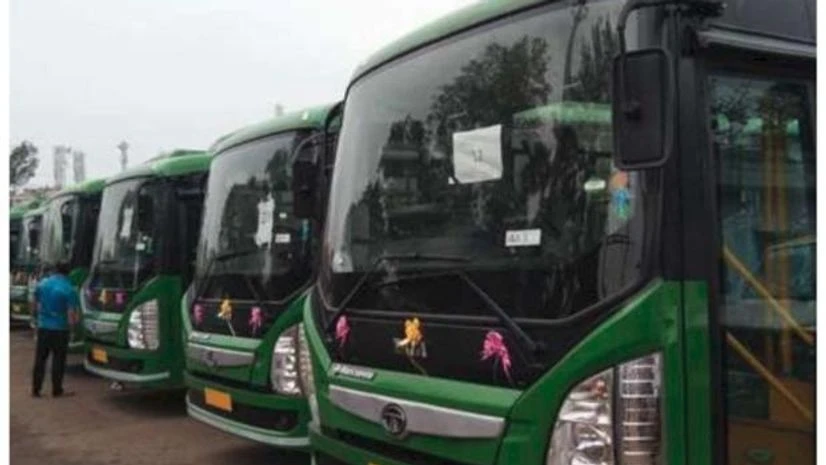The United States and India announced plans to create a payment security mechanism that will facilitate the deployment of 10,000 Made-in-India electric buses in India.
This announcement came during Prime Minister Narender Modi’s three-day state visit to the US. The commitment will augment India’s focused efforts in reducing greenhouse gas emissions, improving public health, and diversifying the global supply chain.
“President Biden and Prime Minister Modi underscored the importance of decarbonising the transportation sector, including by accelerating the deployment of zero emissions vehicles, continued collaboration to promote public and private financing for electric transportation, and the development of biofuels, including sustainable aviation fuels,” White House said in a joint statement released late on Thursday.
To this end, the Global Biofuels Alliance will be launched in July 2023, with the US as a founding member.
The payment security mechanism will also help give assurance to bus manufacturers, who were reluctant in bidding for the e-bus tenders. The state-owned Convergence Energy Services (CESL) had to extended bidding deadline, when it failed to received bids for its ‘Bus Contractor for Procurement, Supply and Maintenance of 4,675 Electric Buses and the Development of Allied Electric and Civil Infrastructure on a Dry Lease Basis under National E-Bus Program (NEBP)’ tender, which was put to bidding in January.
According to the original equipment manufacturers (OEMs), the absence of payment security mechanism and government subsidy under the Faster Adoption and Manufacturing of (Hybrid &) Electric Vehicles (FAME) scheme were the main reasons for OEMs to refrain from bidding.
The creation of a payment security mechanism will help India achieve its commitment to decarbonise India’s transportation sector and meet the target of 40 per cent e-bus penetration by 2030 and net neutrality by 2070.
More From This Section
The commitment will also help the CESL in its plan to deploy 50,000 e-buses under the National e-Bus Program (NEBP) in a phased manner.
As of March 2023, of the 349,726 buses registered in the country since the start of FAME scheme in April 2015, only 4,057 buses (1.16 per cent) are electric. Bus subsidies under the FAME scheme constitute 70 per cent of the total e-buses plying on the roads.
The central government is also planning to come up with an electric bus (e-bus) tender to procure around 3,500 new e-buses for nine cities with a population over 4 million each, Business Standard reported on June 14.
With the new tender the total e-buses under Centre’s flagship electric vehicles (EV) promotion scheme in the transportation sector will increase to 10,375. A total of 7,210 e-buses have already been approved by the government. A total of 7,090 buses under the scheme were sanctioned in 2019. However, so far, only 2,435 e-buses have been deployed, according to the MHI data.

)
